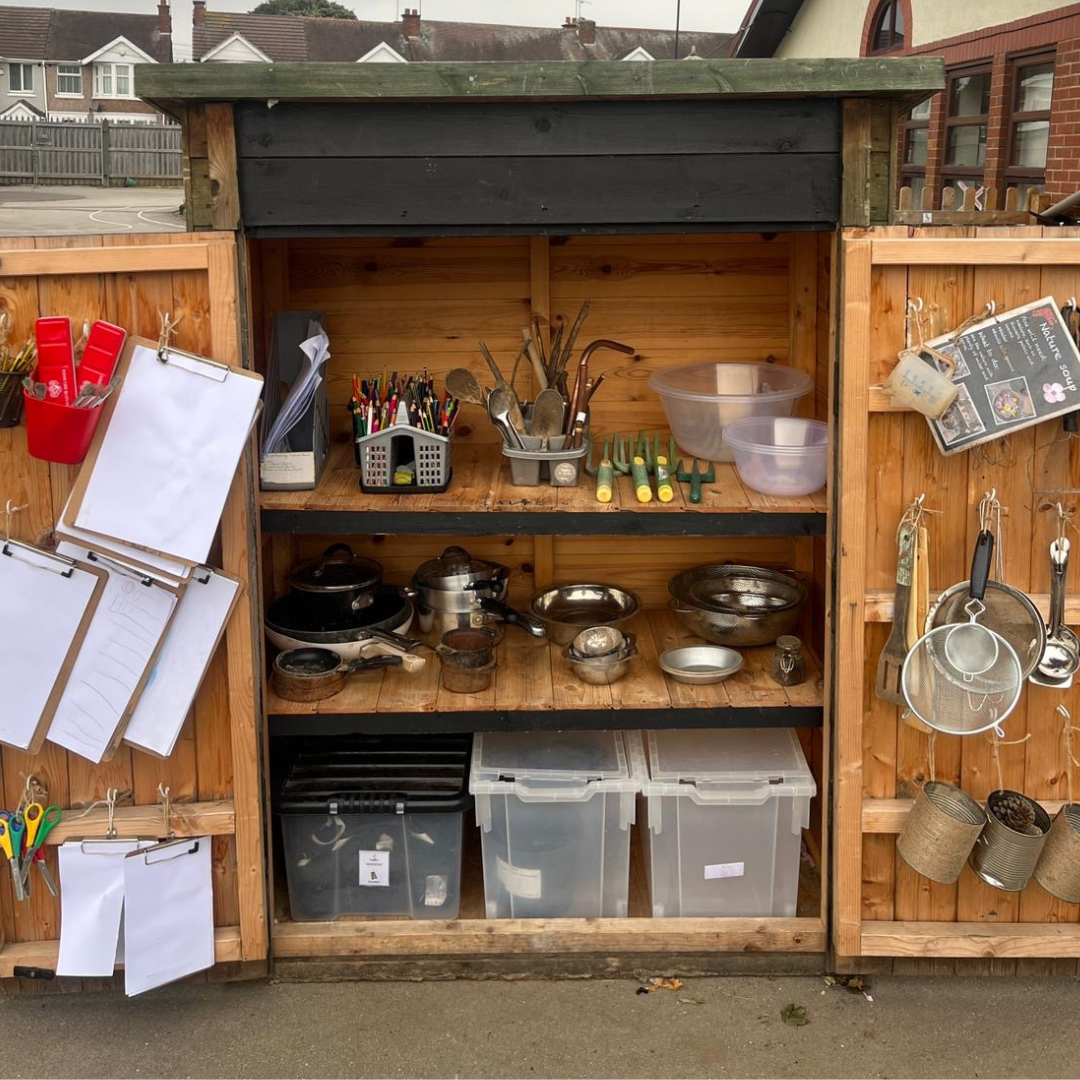The Leuven Scale, what's that all about?

In our case study we are using the Leuven Scale alongside tracking skills retention and exploring the factors influencing the implementation of the continuous provision approach in Year 2 for Stoke Primary School. But what is the Leuven Scale, and how can it be helpful? Here's a brief rundown:
The Leuven Scale is a powerful tool for assessing young children's well-being and involvement in educational settings. Developed by Professor Ferre Laevers at the Research Centre for Experiential Education at Leuven University in Belgium, this scale provides educators with a framework to observe and measure children's emotional state and level of engagement in activities.
The scale consists of two main components:
Well-being: This measures how comfortable, relaxed, and self-confident a child feels in their environment. It looks at factors such as enjoyment, openness, and vitality.
Involvement: This assesses how focused, engaged, and motivated a child is during activities. It considers aspects like concentration, persistence, and creativity.
Both components are rated on a scale from 1 (lowest) to 5 (highest), allowing educators to gauge the quality of children's experiences and the effectiveness of their learning environment.
Early childhood educators and schools use the Leuven Scale in various ways:
Regular observations: Teachers might conduct brief, focused observations of children during different activities throughout the day, noting their levels of well-being and involvement.
Environment assessment: The scale can help identify areas of the classroom or curriculum that may need adjustment to better support children's engagement and emotional comfort.
Individual tracking: Educators can use the scale to monitor individual children's progress over time, helping to identify those who may need additional support or challenge.
Research has shown the effectiveness of the Leuven Scale in supporting teachers to explore changes to their practise. For example, the Blackpool Transitions Project, which you can read more about here, used the Leuven Scale to measure the impact of their interventions on children's well-being and involvement during the transition from early years to primary school. The project demonstrated how this tool can be used to inform practice and improve children's experiences during critical periods of change.
Other studies and initiatives in the UK have demonstrated the effectiveness of the Leuven Scale in primary schools and nurseries:
The EPPSE (Effective Pre-school, Primary and Secondary Education) project, a large-scale longitudinal study in England, incorporated the Leuven Scale to assess the quality of early years settings. The research found that higher levels of well-being and involvement were associated with better cognitive and social-behavioural outcomes for children. (Read it here).
In Scotland, the Care Inspectorate has adopted the Leuven Scale as part of their quality assessment framework for early learning and childcare settings. This has led to widespread use of the scale across Scottish nurseries and primary schools, helping to improve the quality of early years education.
These examples highlight how the Leuven Scale can be a valuable tool for assessing and improving the quality of early years education across the UK. By focusing on children's well-being and involvement, educators are better equipped to create engaging, supportive learning environments that foster both academic and social-emotional development.
Our ongoing case study at Stoke Primary School working with Ellen Parker and her dedicated team, is utilising the Leuven Scale to assess the impact of implementing a continuous provision approach to teaching. Our exploration focuses on three key areas: firstly, tracking children's well-being when engaged in continuous provision learning and comparing these levels throughout the academic year; and secondly, examining how children's involvement in their learning affects skill retention and overall progress. Thirdly we are exploring the factors affecting the successful implementation of this approach.
This innovative approach at Stoke Primary School values the critical importance of children's well-being and involvement in their educational journey and fits so perfectly with the schools child centred approach. By integrating the Leuven Scale into their assessment of continuous provision, the school is paving the way for more focus on the impact that is possible when we hold up well being and involvement as core intentions for our curriculum and pedagogy. As this project progresses, it promises to provide valuable insights into how well-being and involvement metrics can inform and improve pedagogical practices in primary education.
I'm excited to visit Stoke again next week to learn more about the impact, spend time in the Year 2 classrooms and with school leaders.